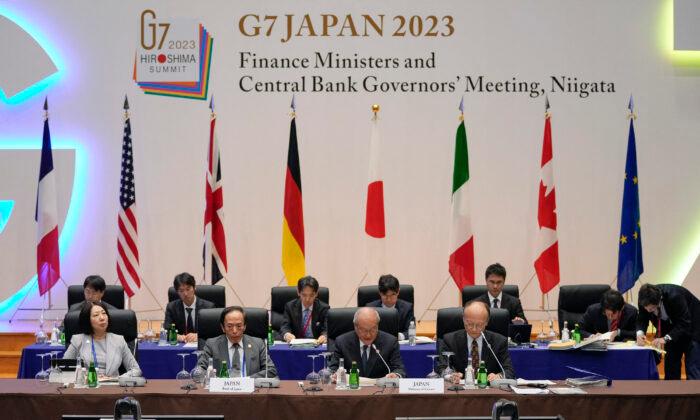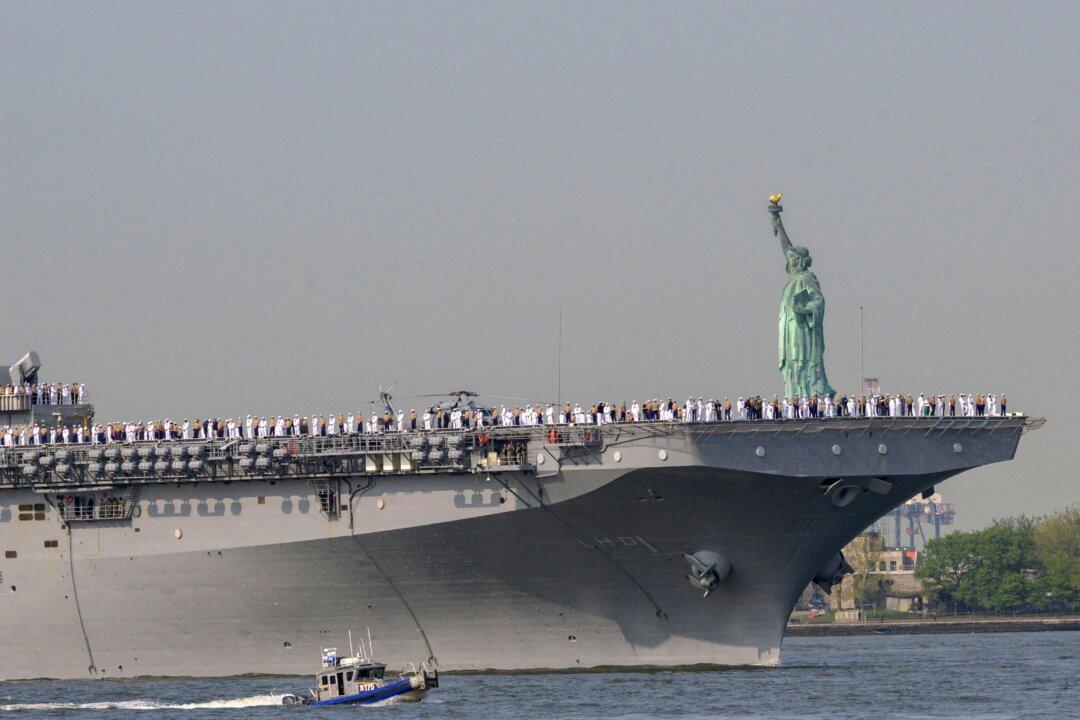Europe’s position on China has long been soft, which is a problem for U.S. foreign policy since channeling Beijing away from territorial aggression and human rights abuse requires coordinated action against China’s economy by as many as possible of the world’s largest economies. Recent moves by Germany, France, and Italy show progress in this regard.
If the United States sanctions and tariffs China without getting similar measures from other G-7 countries, for example, China could just shift its trade away from the United States toward Europe and Japan. That would isolate America economically and politically by giving Beijing increased economic influence among our allies.
Most G-7 countries currently send mixed signals to China by dangling the carrot of cooperation. This attempt at appeasing the Asian superpower satisfies domestic business interests, seeks Beijing’s assistance in curbing Moscow’s war against Ukraine, and attempts to create political capital to pressure the Chinese Communist Party (CCP) against an invasion of Taiwan.

Italy is the only G-7 member that’s also a member of the BRI. The prime minister said that withdrawing from the BRI is now on the table. She must make a decision before 2024, when the membership automatically renews without three months’ notice of withdrawal.
Now, European countries are primarily upset with Beijing over its support of Moscow’s war against Ukraine. Leading EU members are tentatively starting measures to effectively decouple from China under the more palatable name of “smart de-risking” of trade. As decoupling happens gradually in any case, “de-risking” is a little different than decoupling in its practical next steps.
Those include restrictions on the export of Europe’s most powerful Dutch computer chips, which have dual military uses, including for artificial intelligence and supercomputing.
The dangers of economic dependency on aggressive autocrats were illustrated when Moscow canceled energy exports to Europe in an attempt at pressuring Brussels into not opposing the war in Ukraine. Moscow’s gambit failed but alerted Europe to the danger of trade dependency, including on China.
Countries and companies that have allowed themselves to support the CCP and its genocidal and territorially aggressive policies through trade in the past should be expected to pay the greatest costs from decoupling now. Trading with the adversaries of democracy should entail costs now to deter unethical trading in the future.
Italy and other NATO allies, friends, and partners should be expected to withdraw from all China-led organizations immediately, including not only the BRI but the Regional Comprehensive Economic Partnership and the Shanghai Cooperation Organization. India, South Korea, Australia, Japan, the Philippines, and New Zealand should take note.





